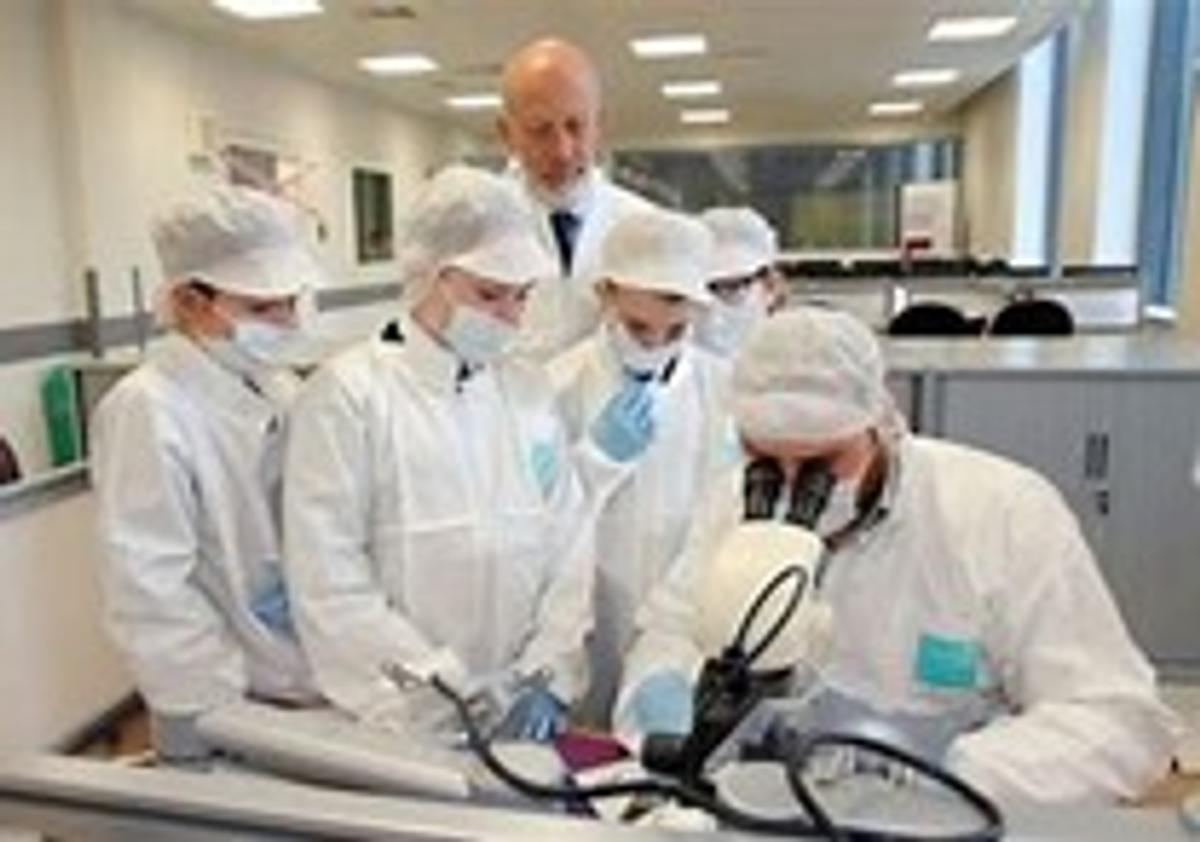Careers Corner News

Careers Corner News!
Congratulations to all our Year 12 Students! We wish you all the best of luck in final exams and work submissions. We wish you all the best for your future beyond HPSC!
The graduates of 2021 will be known as the most resilient year 12’s ever!
ATAR results will be released on 16th December this year. We remind students that have applied for courses via VTAC, that staff will be available to support them during COP. Further details will be posted to the TEAMS page.
Reminder: VTAC 2022 Upcoming Key Dates
NOTE: International Students dates differ – check VTAC site for dates here
Dates and fees - VTAC (Click on International Students Tabs)
VTAC Personal Statement | Friday 3 December 2021 |
ATARs Released | Thursday 16 December 2021 |
Change of Preference (CoP) closes | Monday 20 December 2021 |
December Round International Offers | Tuesday 21 December 2021 |
January Round International Offers | Friday 7 January 2022 |
January Round Domestic Offers | Friday 14 January 2022 |
February Offer Rounds | Tuesday 1 February 2022 onwards |
For a full list of cancelled, amended, and new courses, visit VTAC Course Updates
Accessing 2021 VCE Results
VCE study scores, ATAR and VTAC Scaled Study Scores will be available to students via the Results and ATAR website.
Students who wish to receive their results online, will need to register at https://resultsandatar.vic.edu.au/results/applicants.htm before results are released.
Registrations are already open, and students are encouraged to register soon.
Note: To register, students need their VCAA student number and will be requested to choose a secure password on registering.
Remember...
Students who do best at university or TAFE are not necessarily those with the highest ATARs but those with persistence, determination, organisational and self-management skills that are also assertive in asking for help. Make sure you choose a course you will enjoy and are interested in; otherwise, you may experience problems with motivation. Form friendship groups with other students so you can be active in groups that discuss work and share ideas. Students that are engaged in learning communities and networks have a more positive university experience.
Careers Corner Newsletter!
Our Hampton Park Careers Corner Newsletter has lots of information on Open Days and Industry Events CLICK HERE! for the latest newsletter! You will find all sorts of relevant information from virtual Open Days, Job Spotlights and University and TAFE organisations.
Opportunities
Apprenticeships and Traineeships:
Many opportunities have been posted recently for employers looking for apprentices in the trade and traineeships in the business area. These opportunities are posted regularly during the week to the Year 11 & 12 TEAMS channel pages named APPRENTICESHIPS TRAINEESHIPS AND JOBS!
Job Spotlight!
How to become a Forensic Scientist:
Forensic scientists apply scientific procedures and techniques to the examination of potential evidence that may assist in legal investigations. They can then advise courts and lawyers about the forensic details of an alleged crime.
Personal requirements for a Forensic Scientist:
- Good communication skills
- Able to remain unbiased in the examination of potential court evidence
- Meticulous and capable of clear, logical and lateral thinking
- Able to work as part of a team
- Initiative and motivation
- Able to persevere
- Good observation skills
- Balanced and measured nature
Education & Training for a Forensic Scientist:
To become a forensic scientist you usually have to study forensic science at university (preferably at honours level), followed by a postgraduate qualification in forensic science. You may also consider degrees in other relevant areas, which may provide entry into various areas of forensic science. Relevant areas include biology, botany, chemistry, physics, dentistry or medicine. To get into the degree courses you usually need to gain your Senior Secondary Certificate of Education. Prerequisite subjects, or assumed knowledge, in one or more of English, mathematics, chemistry, physics and biology are normally required. Entry to postgraduate courses usually requires completion of an appropriate bachelor degree. Universities have different prerequisites and some have flexible entry requirements. Contact the institutions you are interested in for more information.
Click here for more information :
How to become a Forensic Scientist (gooduniversitiesguide.com.au)

